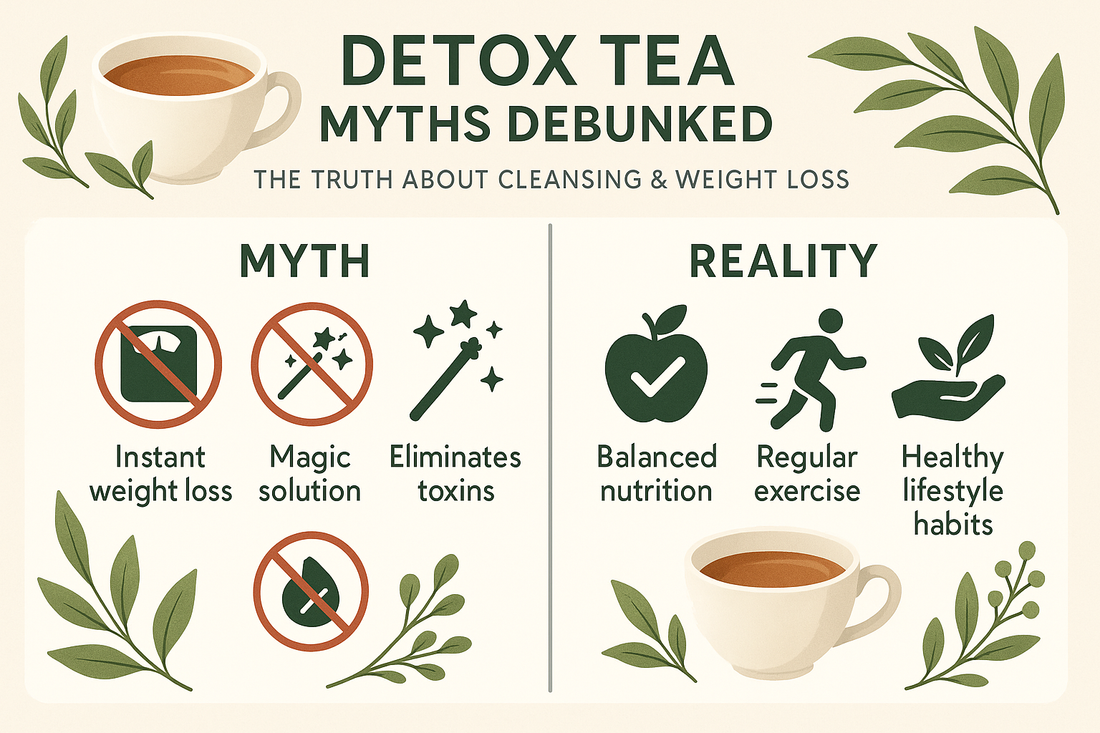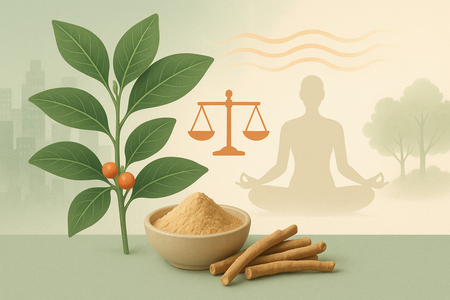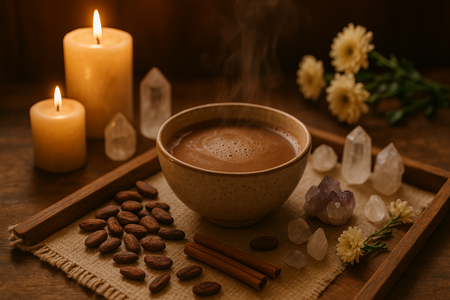“Detox” is the buzzy word plastered across social media, promising everything from swift weight loss to instant rejuvenation. Tea blends, in particular, have become magnets for bold marketing claims. Yet many of these detox tea narratives gloss over real physiology in favor of catchy slogans. The real story is more nuanced—and more interesting.
The Core Idea
Detox tea suggests it can flush toxins out of your system. In reality, your liver and kidneys are already primed for that job. The body has a built-in filtration system that operates 24/7, removing harmful substances from the bloodstream. Still, certain herbs may support these processes indirectly by promoting healthy digestion, gentle diuresis, or an overall sense of balance.
Myth 1: Instant Weight Loss
Some teas are marketed as miracle solutions for shedding pounds. Often, they rely on laxatives or diuretics that cause water loss, not fat reduction. While seeing the scale move down a pound or two from shedding water can feel empowering, it’s rarely a permanent shift. Sustainable weight management involves balanced nutrition, consistent exercise, and behavioral changes.
Myth 2: One-Ingredient Wonders
Many detox teas boast a “secret” herb or spice. In reality, synergy matters more. A single ingredient might offer mild benefits, but pairing it with complementary herbs can enhance its effectiveness. Examples include pairing ginger and dandelion for digestive ease or milk thistle with peppermint for better liver and GI support.
Understanding the Role of Digestion
One reason some detox blends give a fleeting sense of well-being is their impact on digestion. Tea with ginger, fennel, or licorice root can reduce bloating, making you feel lighter. This effect, though welcome, doesn’t equate to a total-body detox.
Gentle Approaches vs. Harsh Laxatives
Harsh laxative ingredients such as senna leaf can stress the colon if used too frequently. Short-term, it might help with constipation. But continuous use can disrupt the body’s natural elimination rhythms. Look for blends that emphasize gentler support—dandelion root, burdock root, or mild diuretics like nettle leaves.
The Role of Hydration
Any tea encourages fluid intake, which helps flush the kidneys and maintain hydration. If someone switches from sugary sodas or processed snacks to drinking more tea, it’s unsurprising they might feel better overall. This lifestyle swap may also contribute to slight weight changes. But crediting the tea alone overlooks broader dietary improvements.
Linking Detox to Wellness Tea
When chosen thoughtfully, a detox tea can be part of a broader wellness routine. If you’re exploring functional blends, you might also enjoy reading about The Ultimate Wellness Tea Blend: Tips for Creating Your Perfect Cup. It discusses combining different herbs for balanced support.
Proper Mindset for Cleansing
A short herbal cleanse can reset habits—like encouraging more whole foods, less sugar, and more consistent hydration. But it’s not a quick fix. Instead, it’s a stepping-stone toward more sustainable lifestyle changes: mindful eating, regular activity, and stress management.
Avoiding the Pitfalls
-
Over-Reliance: If you rely exclusively on detox tea for results, you may be disappointed. It’s a supplement to, not a replacement for, healthy habits.
-
Ignoring Symptoms: Some experience cramps or diarrhea from strong ingredients. Always listen to your body. Discontinue if adverse effects arise.
-
Skipping Real Nutrition: Minimizing calories too drastically while chugging herbal blends can rob your body of crucial nutrients.
Product Mention: TummiTEA
While not labeled as a “detox tea,” TummiTEA focuses on supporting digestive wellness. It blends herbs like ginger and peppermint to ease bloating—a more realistic approach than promising radical cleanses. By supporting digestion, it can indirectly help the body function more efficiently. Check Out TummiTEA
For those wanting deeper insight, the National Center for Complementary and Integrative Health often publishes consumer-friendly articles on detox myths, herbal products, and potential interactions. It’s wise to look at scientific perspectives before diving into any regimen.
A Bigger Picture
The word “toxin” in detox marketing is usually vague. Are we talking about environmental pollutants, metabolic waste, or something else? The body handles these daily, primarily via the liver, kidneys, lungs, and skin. Supporting these organs with balanced nutrition, enough sleep, and moderate exercise can do more for “detox” than an extreme tea routine.
A Balanced Blend
Still, certain herbs can gently encourage elimination. Dandelion root, for instance, is a mild diuretic that can help flush out excess water. Burdock root might assist with healthy liver function. Just remember that these are supportive measures, not replacements for fundamental healthy habits.
Wrapping Up Myths
Detox tea isn’t a magic wand. It won’t undo months of poor eating or chronic stress. Yet a mindful approach to herbal infusions can complement a more comprehensive path to health. Think of it as one tool in a toolkit that includes nutrient-dense meals, movement, and mental wellness.





